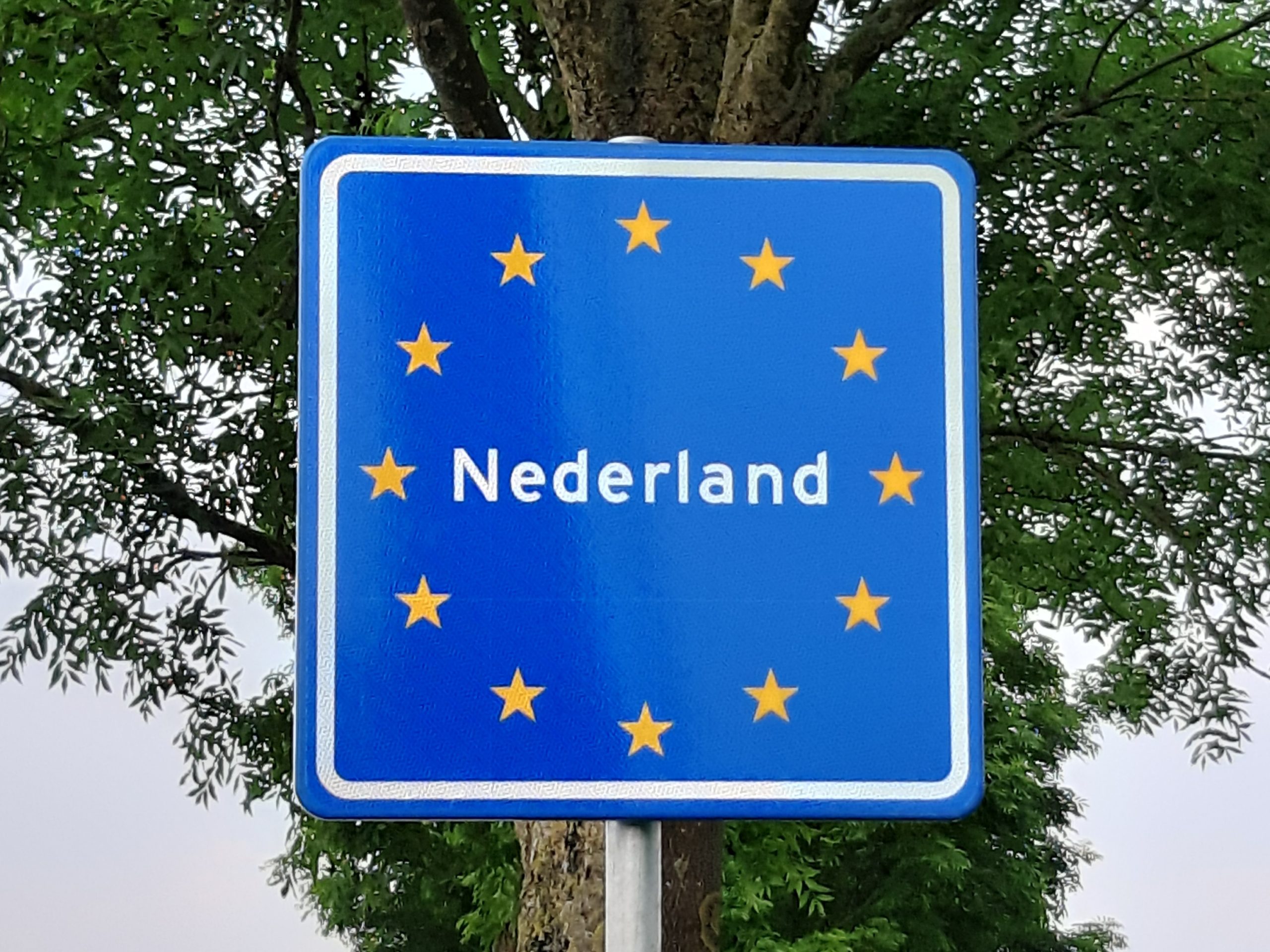Hundreds returned to NL at border checks, 80 claim asylum

More people have been sent back across the Dutch border from Germany and Belgium than the Netherlands has rejected since controls were reintroduced nearly a year ago, government figures show.
A total of 470 people were refused entry at checkpoints in the nine months since the regime began last December, while another 230 were arrested for suspected offences ranging from human trafficking and drug smuggling to traffic violations.
In the same period 690 people were sent back to the Netherlands from Germany and 120 people were turned away at the Belgian border. The Netherlands handed 490 people over to German authorities and 60 to Belgium.
Eighty people applied for asylum at the border checkpoints, which were set up to try to cut the inflow of refugees under the “harshest asylum regime ever” announced by former asylum minister Marjolein Faber of the far-right PVV party.
The figures were included in documents submitted by the Dutch government to the European Union to justify the extension of border controls until June next year.
People living in border communities say the checks have had a disruptive effect, with permanent queues at borders. Anne-Marie Fellinger, mayor of Montferland in Gelderland, said 158 people had been sent back by German police but not handed over to Dutch authorities, leaving them stranded in her municipality.
“I think it’s concerning that people are being left behind at the border unaccompanied,” she told the Volkskrant. “Everyone, regardless of their origin or status, deserves humane, secure and decent treatment.”
Foreign affairs minister David van Weel, who is also responsible for asylum, told the EU there were “no indications that the Dutch border controls have had any significant negative impact” on cross-border regions.
Asylum system
But the highways agency Rijkswaterstaat told the Gelderlander that the cost of extra road traffic measures alone amounted to €8 million since the checks began.
Van Weel added that the Dutch government was committed to minimising the “economic, social and infrastructural impact on border regions and their residents” and was working with German and Belgian authorities to maintain the flow of people and goods.
The minister said the extension of the checks was necessary because of the pressure on the Dutch asylum system, even though the number of asylum seekers coming in decreased by 37% year-on-year in the first eight months of 2025.
“The migration system in general and the asylum system in the Netherlands in particular, continue to be highly overburdened,” Van Weel wrote, noting that the number of people living in asylum seeker accommodation increased by 7% in the 12 months to September, despite fewer refugees arriving.
Altogether 123,320 people were checked by Dutch border police in the nine months from December 9 to September 8, two-thirds of whom were EU citizens. Nearly 30,000 vehicles were stopped.
The 470 people who were refused entry did not fulfil conditions for entry to the Netherlands under the Schengen border agreement. The Dutch military police (Marechaussee) also recorded 75 cases of human trafficking, leading to 42 arrests.
Some 5,350 border guards were assigned to the checks over the nine-month period, working at least 7,830 hours.
The Netherlands has also begun checking passengers on selected inbound flights to Schiphol from the Schengen region, Van Weel said.
Since July 28 nearly 65,000 people on board 500 flights have been checked, leading to 20 people being denied entry. They were told to make their own arrangements to fly home. A handful of people – fewer than 10 – claimed asylum.
Thank you for donating to DutchNews.nl.
We could not provide the Dutch News service, and keep it free of charge, without the generous support of our readers. Your donations allow us to report on issues you tell us matter, and provide you with a summary of the most important Dutch news each day.
Make a donation